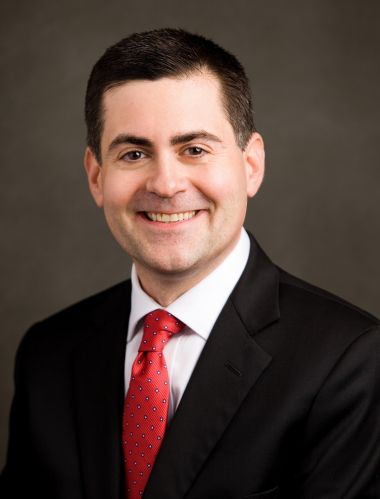Russell Moore: If Religious Right Is Not Able To Re-Focus On The Gospel It Deserves To Die
Russell Moore, the president of the Southern Baptist Convention Ethics and Religious Liberty Commission, has launched a strong attack on the religious right, saying that it must refocus on a "gospel-centred" evangelism instead of merely pursuing political ends.

"A Religious Right that is not able to tie public action and cultural concern to a theology of gospel and mission will die, and will deserve to die," the Southern Baptist Convention's top spokesman for public policy concerns said in a lecture on 24 October.
He also called on the religious right to abandon notions of a "silent" or "moral" majority in favour of developing "collaborative majorities, often issue by issue," and told the movement to stop being driven by "the populist passions of the moment."
In the address, entitled 'Can the Religious Right be Saved', Moore said: "One of the wrong assumptions of some in the old Religious Right establishment is that the church as formed theologically simply needs to be mobilised politically. That assumption is wrong."
Moore sited the slowness of evangelical Protestants to embrace the pro-life movement following the 1973 landmark Supreme Court decision in Roe vs. Wade which legalised abortion.
"Bill Clinton learned his view that personhood begins with breath, not with conception — used to justify his veto of legislation on partial-birth abortion — he learned that not from Planned Parenthood but from a conservative Southern Baptist pastor's teaching from Genesis," Moore said.
"Even now, some abortion providers tell us that the majority of their clients are not pro-choice. They are instead Roman Catholics or evangelical Protestants who believe that they are committing a grave sin but committed to looking for mercy afterward[s]. That's not just a social problem. That is a theological problem."
Moore added that the various branches of the religious right can work together despite theological differences. "I don't accept the Christology or the doctrine of salvation of the Church of Jesus Christ of Latter-day Saints," he said. "They don't believe that I am a member of an authentic church. But we can happily co-labour together, because there's no confusion about our deepest convictions and where the point of connection is."
Moore criticised what he called the religious right establishment as being too "liberal" and accommodating to the political world.
"When a religion is seen as a political agenda in search of a gospel useful enough to accommodate it, one will end up pleasing those who see the primacy of politics while losing those who believe the gospel," he said.
He also attacked "the sort of apocalyptic language that presents every presidential election as an Armageddon, from whence one cannot recover" as "the sort of theological liberalism that makes no sense in a religion in which Augustine wrote the City of God in the context of a collapsing Rome."
Moore went on: "Religious conservatives will need a robust religion and a sense of what is in fact to be conserved. This will mean abandoning the idea of a moral majority or a silent majority within the nation and building instead collaborative majorities, often issue by issue. It will mean institutions which have the vision and the financial resources to play a long game of cultural renewal and persuasion, not driven merely by the populist passions of the moment."
Moore was delivering the 29th Erasmus Lecture sponsored by First Things magazine.











